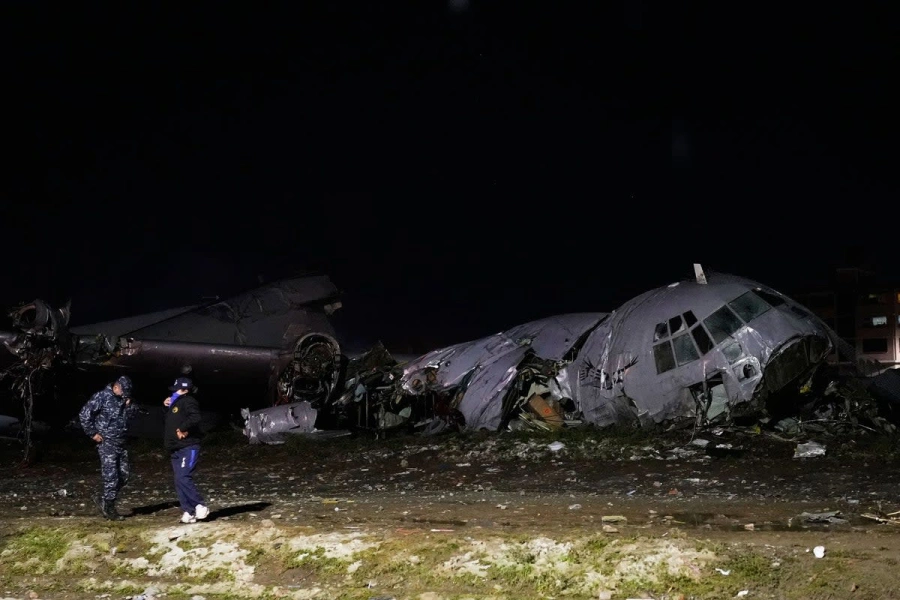KATHMANDU, June 30: Every year, millions of girls are subjected to practices that harm them physically and emotionally, with the full knowledge and consent of their families, friends and communities, UNFPA, the United Nations sexual and reproductive health agency, said on Tuesday in its report titled "State of World Population 2020".
At least 19 harmful practices across the world, ranging from breast ironing to virginity testing, are considered human rights violations, according to the UNFPA report, which focuses on the three most prevalent ones: female genital mutilation, child marriage, and extreme bias against daughters in favour of sons.
“Harmful practices against girls cause profound and lasting trauma, robbing them of their right to reach their full potential,” says UNFPA Executive Director Dr. Natalia Kanem.
In a press release, the UNFPA said that Nepal has one of the highest rates of child marriage in Asia.
"Although the legal age of marriage for both sexes is 20, an estimated 40 percent of Nepali girls are married before the age of 18. While child marriage rates are declining in the country, in the last five years the pace of decline has slowed down significantly. Investing in girls, giving them access to education and health services, and ensuring that they can postpone marriage and prevent early childbearing is essential for girls to have agency," read the press release.
Dang temple priests have gone out of their way to stop child m...

Also, the preference for sons over daughters has fueled gender-biased sex selection. Nepal has an increasing sex ratio at birth imbalance from 103 male per every 100 female newborns in 2005 to 110 male newborns in 2015. This is a reflection of persistent gender discrimination that undervalues girls combined with the declining fertility rate and high level of son preference, leading to an increase in the practice of sex-selective abortion.
Noting that Nepal has ratified international treaties such as the Convention on the Rights of the Child, the UN agency said that the country has a duty to end the harm, whether it’s inflicted on girls by family members, religious communities, health-care providers, commercial enterprises or state institutions.
"The Government of Nepal has progressive laws in place, but laws alone are not enough," stated the press release.
Decades of experience and research show that bottom-up, grassroots approaches are better at bringing change, the UNFPA report states. “We must tackle the problem by tackling the root causes, especially gender-biased norms. We must do a better job of supporting communities’ own efforts to understand the toll these practices are taking on girls and the benefits that accrue to the whole of society by stopping them,” Dr. Kanem says.
"Economies and the legal systems that support girls must be restructured to guarantee every woman equal opportunities, the report adds. Changing laws for property inheritance, for example, can eliminate a powerful incentive for families to favour sons over daughters," the report added.
Ending child marriage is possible within 10 years by scaling up efforts to keep girls in school longer and teach them life skills and to engage men and boys in social change, the UNFPA report further said.
While progress has been made in ending some harmful practices worldwide, the COVID-19 pandemic threatens to reverse the gains, the report said.
A recent analysis revealed that if services and programs remain shuttered for six months, an additional 13 million girls around the world may be forced into marriage between now and 2030, the UN agency added.
“The pandemic both makes our job harder and more urgent as so many more girls are now at risk,” Dr. Kanem says. “We will not stop until the rights, choices and bodies of all girls are fully their own.”





































